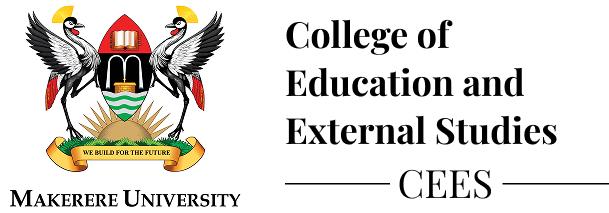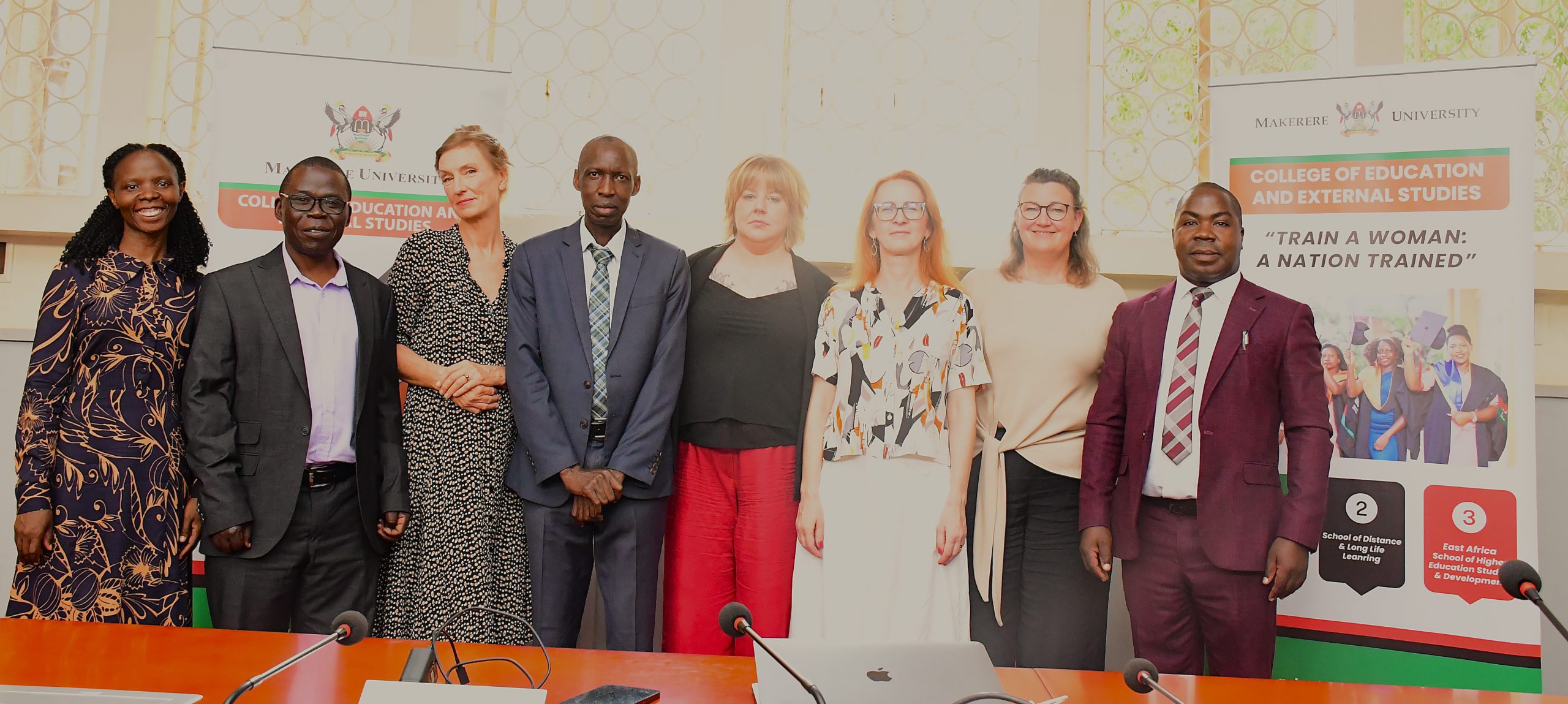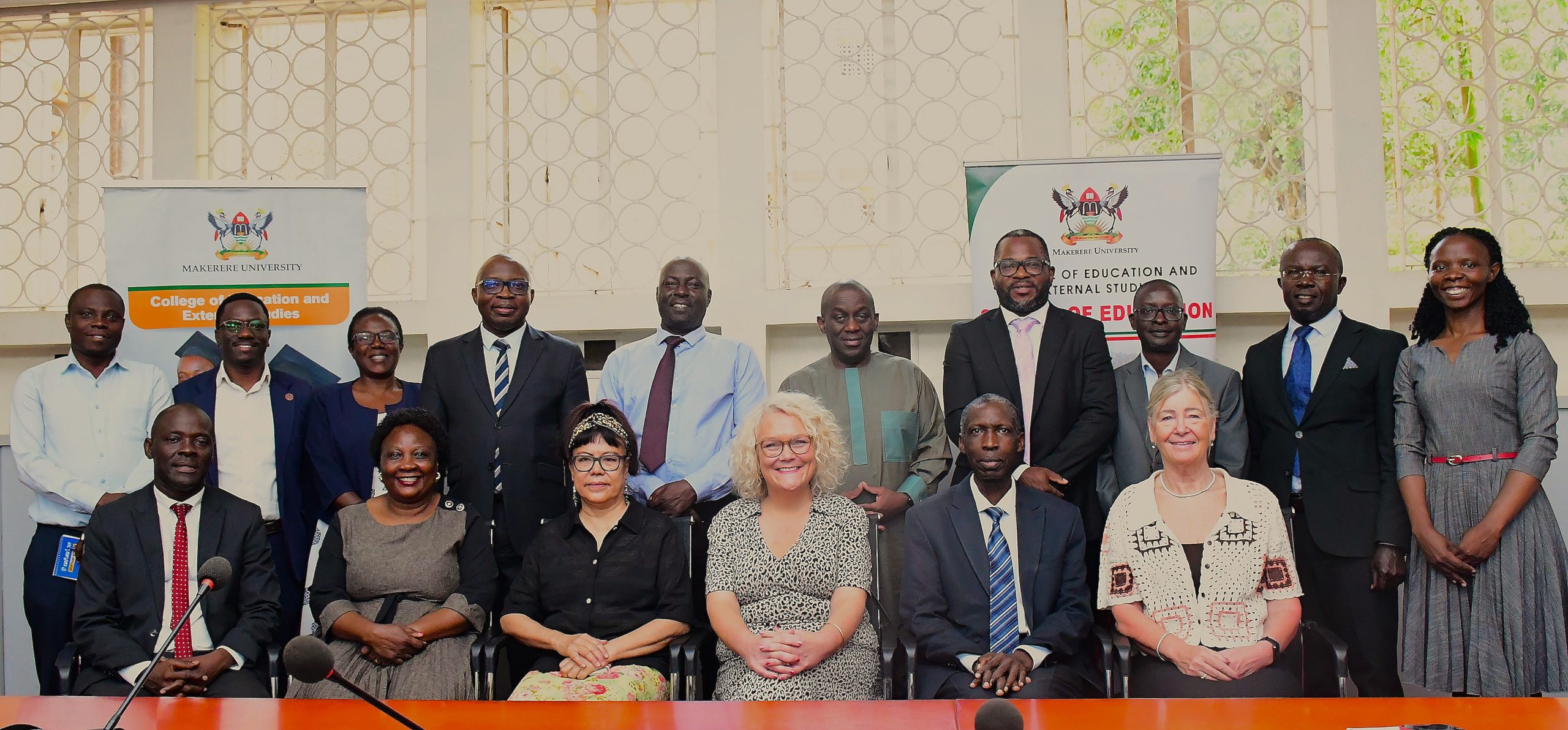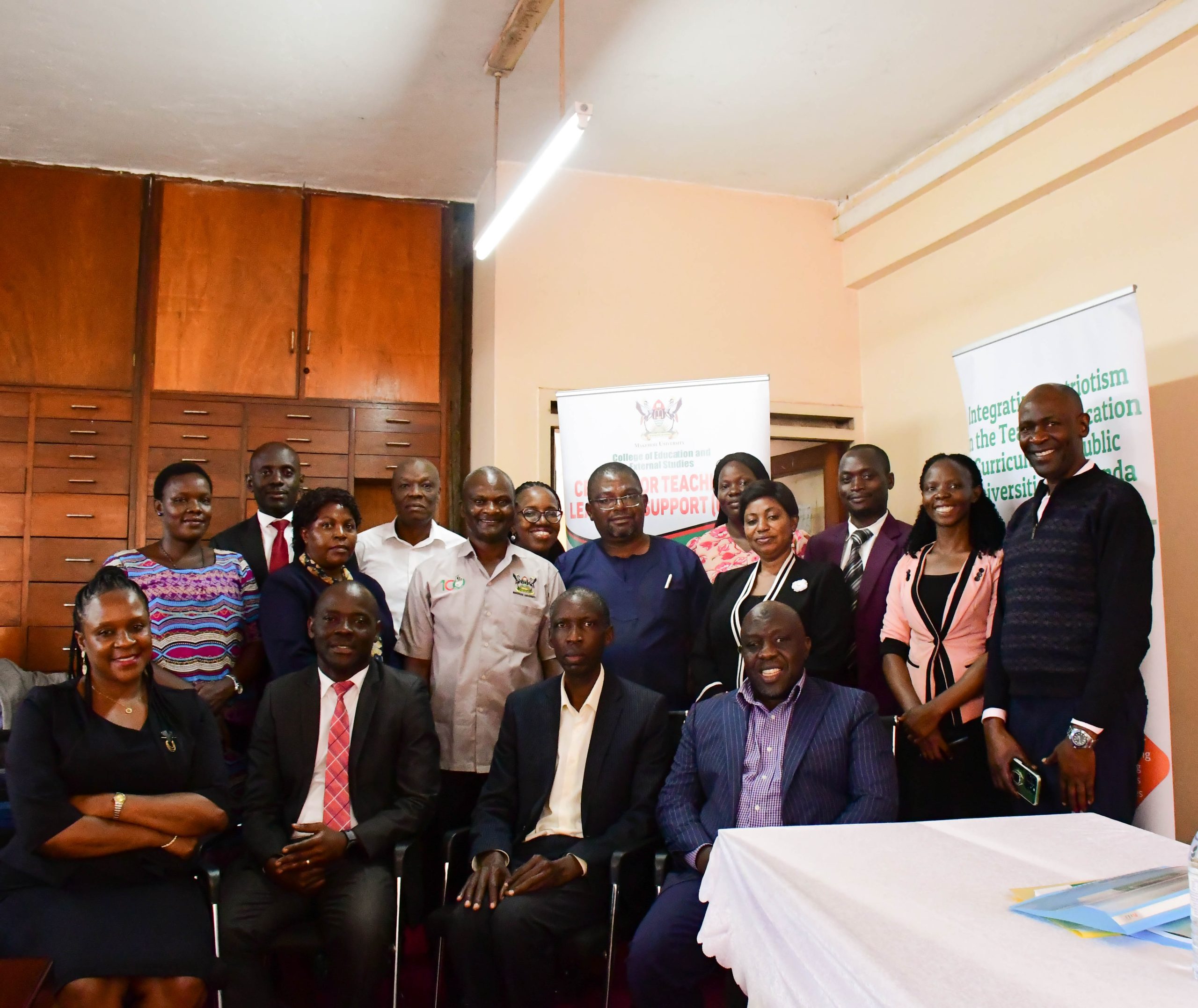Fourth Industrial Revolution (4IR) is revolutionizing the world economy by connecting the physical, digital, and biological worlds through technologies like artificial intelligence (AI), robotics, Internet of Things (IoT), and blockchain. For a developing nation like Uganda with long-standing problems like youth unemployment and poverty, the 4IR presents a chance to bypass development phases and achieve growth that includes all segments of society. This is attainable only if education is revolutionized, particularly in the universities.
Makerere University, which is Uganda’s national university, is well poised to drive the process. If Makerere deploys a novel pedagogy model Transdisciplinary Experiential Learning Ecosystems (TELE), it will produce 4IR leaders, innovate, and tackle local issues. TELE, which is focused on transdisciplinary collaborations, experiential learning, and exosystemic relationships, can be a key enabler of Makerere and Uganda’s 4IR readiness.
Established in 1922, Makerere University has shaped leaders who have carved out the East African future. Its traditional pedagogy framework, which is grounded in silo disciplines, rote memorization, and theory-led priority, has no match to the 4IR demands. Based on the World Economic Forum, 65% of the school children today will find themselves in careers not yet thought of and which require skills such as thinking, adaptability, and being technology literate.
In Uganda, where youth are now unemployed at approximately 13% and even underemployed, the universities must prepare the graduates with the ability to be job creators as well as job seekers. 4IR’s emphasis on networked systems, such as AI and environment, climate, and policy integration, requires a different brain. TELE offers Makerere the chance to reinvent learning so that it can leverage responsiveness to 4IR as well as Uganda’s socio-economic context.
What then is TELE? Transdisciplinary Experiential Learning Ecosystems brings together three ideas: transdisciplinary learning, experiential education, and ecosystem thinking. As opposed to multidisciplinary practices that cross between disciplines, transdisciplinary extends further to build new systems of knowledge. Experiential learning emphasizes problem-solving through practice in the real world, and ecosystem thinking facilitates interdisciplinary engagement among students, lecturers, industry, communities, and government.
TELE envisions Makerere as a vibrant node where learning overflows from lecture halls into industry and society. It is grounded on 4IR-appropriate competencies, creativity, cooperation, and agility but situates education within the Ugandan situation to make it locally responsive yet globally competitive.
The TELE system is novel yet realistic. It involves building nodes transdisciplinary in nature, both physical and virtual, where scholars from every department, engineering, social sciences, medicine, arts, join in solving issues confronting the real world. As an example, a “Smart Agriculture” lab would require students to design IoT-based irrigation, soil testing, and business plans for community ownership.
Experiential learning project work would engage students in semester-long projects, e.g., urban flooding solutions in Kampala or health access in rural areas, using 4IR technologies like AI or blockchain. Ecosystem partnerships with industry (e.g., MTN Uganda), government (e.g., Ministry of ICT), and societies would collaborate to coproduce curricula and fund projects jointly. Access to 4IR tools and far-distanced collaboration would be eased by digital solutions, with restructured assessment based on portfolios instead of traditional exams.
The future potential of TELE is to empower students with capabilities to be participants in the dynamic, networked society of 4IR. 4IR dissects industry silos, therefore a programmer writing software has to learn about user psychology, a doctor must learn AI diagnostics, and a policymaker has to balance data privacy. TELE teaches transdisciplinary learning where the students learn how to address system issues.
As an example, a TELE “Digital Financial Inclusion” project would get economics, computer science, and sociology students to co-create a block chain-based microfinance platform for rural women. This creates technical skills alongside empathy and systems thinking, both of which are critical in 4IR leadership. Unpacking disciplinary silos, TELE makes graduates adaptable as well as able to innovate in Uganda’s economy.
TELE also bridges the skills gap in Uganda, one of the persistent criticisms against its education system. Its graduates lack practical skills, making them less employable. TELE’s hands-on track sidesteps this by bringing students face-to-face with getting to do actual projects. A “Renewable Energy Access” lab, for example, could involve students to design microgrids powered by the sun in off-grid villages where they have to learn about IoT sensors, negotiate with village leaders, and pitch to investors.
These exercises produce graduates with the ability to apply 4IR technologies into practice, from creating AI-powered agriculture machinery to streamlining Kampala garbage management. By linking learning with the market needs, TELE enhances employability and entrepreneurship, the key driver of Uganda’s youth employment.
TELE also positions Makerere as an innovation and entrepreneurship hub powered by 4IR. Africa is blessed with a youth bulge, which is an entrepreneurial talent treasure trove, and the 4IR is driven by innovation. TELE embeds entrepreneurship in the curriculum through ecosystem relationships that expose the students to money, mentors, and markets.
An example of a “Smart Waste Management” initiative would involve a business owned by a student using AI to reduce the cost of garbage collection in Kampala, with the backing of entities such as Safe Boda or the Kampala Capital City Authority. By transforming its culture of innovation, Makerere can unleash an 4IR-drive tsunami of startups that will drive economic growth and make Uganda one of the top technological countries in Africa.
TELE’s localized focus is in that Makerere‘s 4IR contribution draws on Uganda’s circumstances, that is, its agrarian economy, youthfulness, and infrastructural shortcomings. Although as universal as the 4IR, solutions need to be context-specific. A “Precision Agriculture” cluster can design cheap, AI-led innovations for smallholder farmers that address food insecurity and capitalize on technologies from across the world.
Localization also renders Makerere internationally recognized as a leader in implementing the 4IR within African settings. Apart from that, TELE’s digital platform is also leveling the playing field for learning by utilizing web-based modules and virtual labs to reach rural students or students unable to access conventional schooling, as per the 4IR slogan of inclusivity.
Initiating TELE requires visionary and risk-taking leaders. Makerere can begin with a pilot, with two transdisciplinary institutions e.g., “Smart Cities” and “Digital Health” with 50 students each, backed by faculty staff and industry players. Curriculum would include TELE projects, accrediting short courses and experiential learning in 4IR skills such as coding or AI ethics. Partnership with Google Africa would offer finance and skills, with support from digital infrastructure such as a virtual 4IR Lab enabling virtual learning. Next, Makerere would move to the phase where there would be replicated centers, the faculty trained in transdisciplinary practice, and cutting-edge policy reform to embrace TELE-based evaluations as a vehicle for inducing long-term sustainability.
Makerere University stands at a crossroads. The 4IR requires a new kind of graduate who is flexible, creative, and can handle complex systems. With the adoption of Transdisciplinary Experiential Learning Ecosystems, Makerere can re-engineer its pedagogy to meet these needs in order to prepare graduates to drive Uganda’s 4IR. TELE focus on transdisciplinary collaboration, experiential learning, and ecosystem partnerships aligns with bridging the skills gap, encouraging entrepreneurship, and domesticating foreign technologies. While Uganda seeks to capitalize on the 4IR to achieve inclusive growth, Makerere‘s embrace of TELE can also position it as a beacon for innovation inspiration in Africa, whose destiny to learn maps the course into progress and prosperity.
Eutychus Ngotho Gichuru is a Doctoral Student at College of Education and External Studies, at Makerere University.




